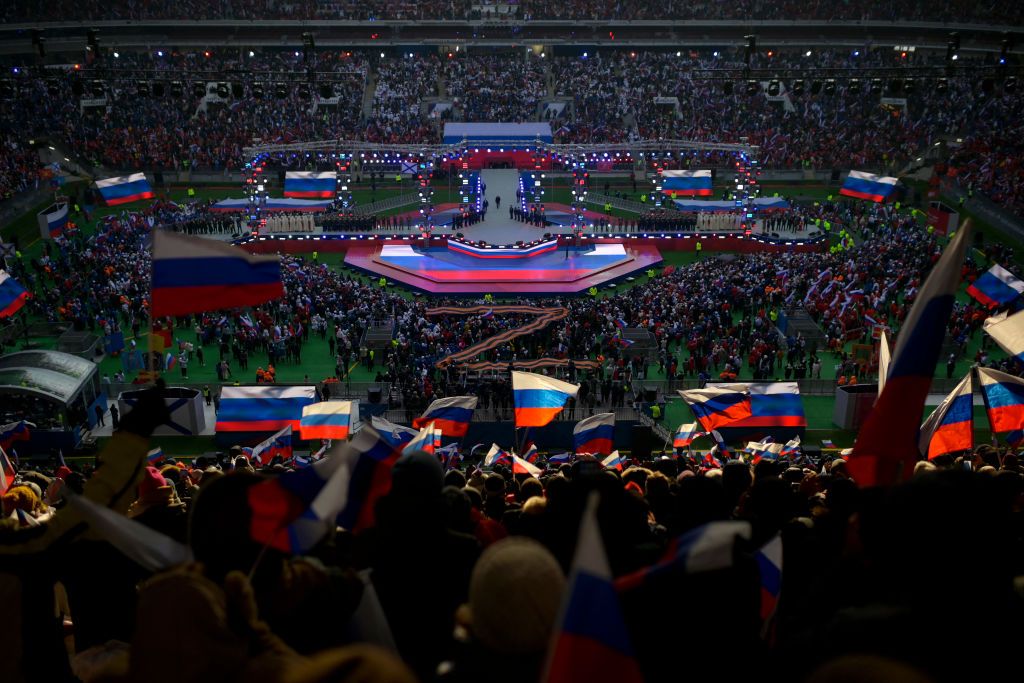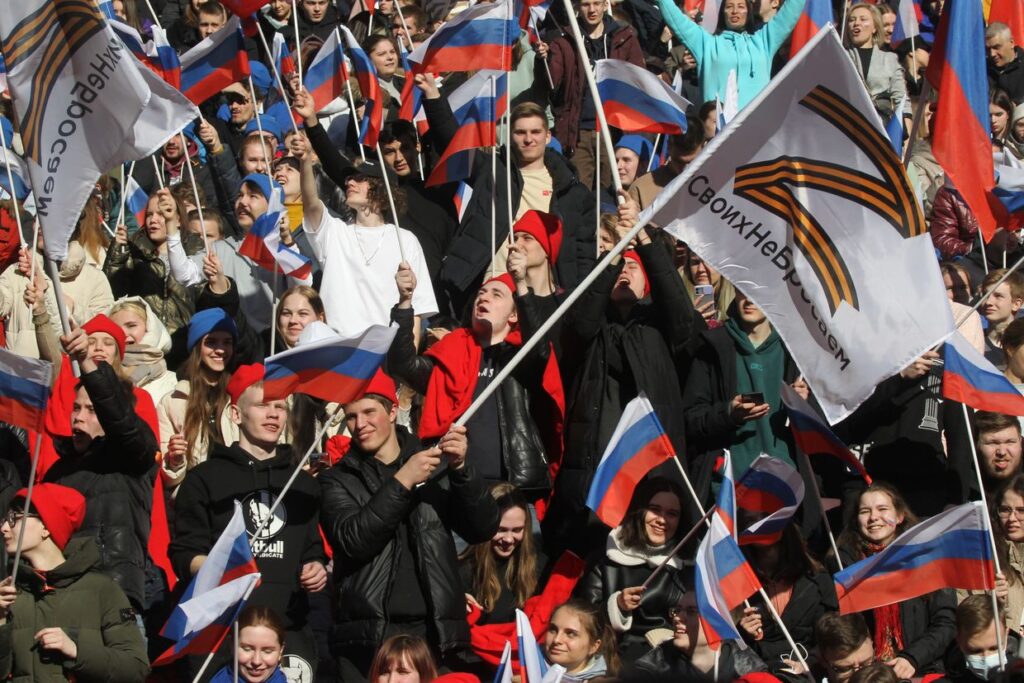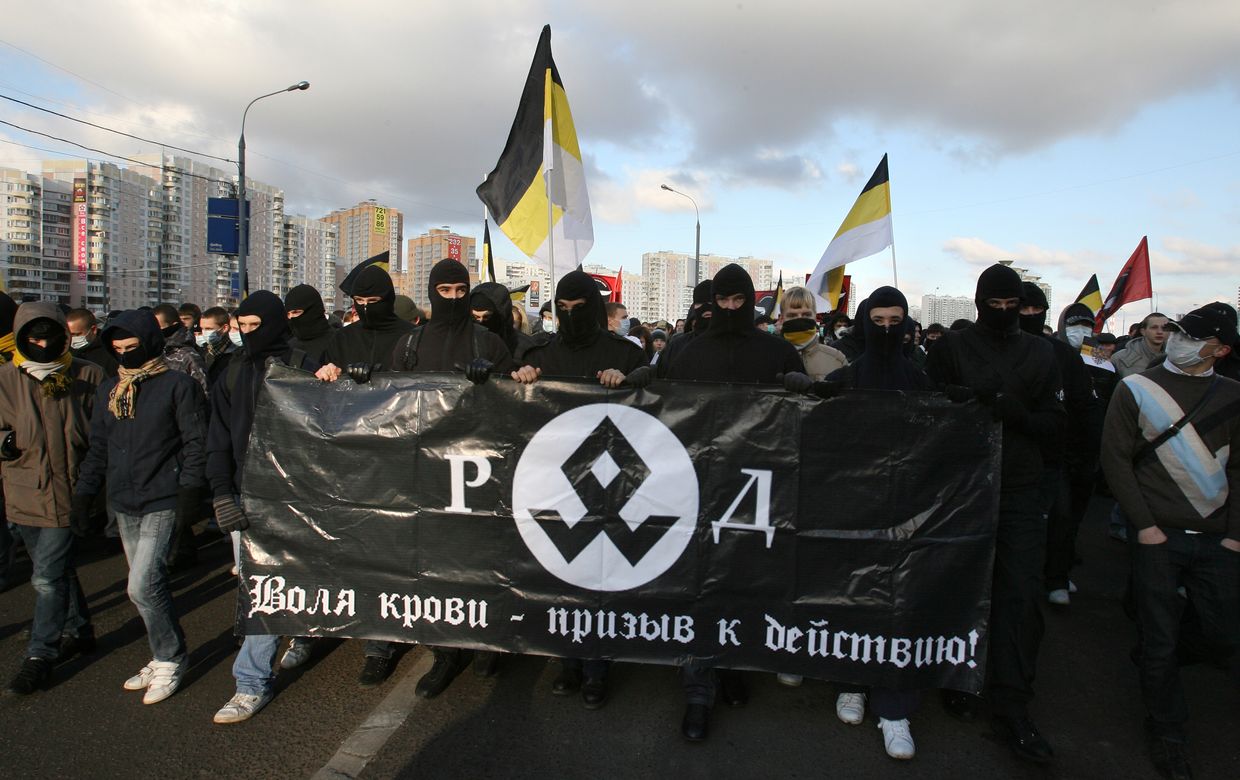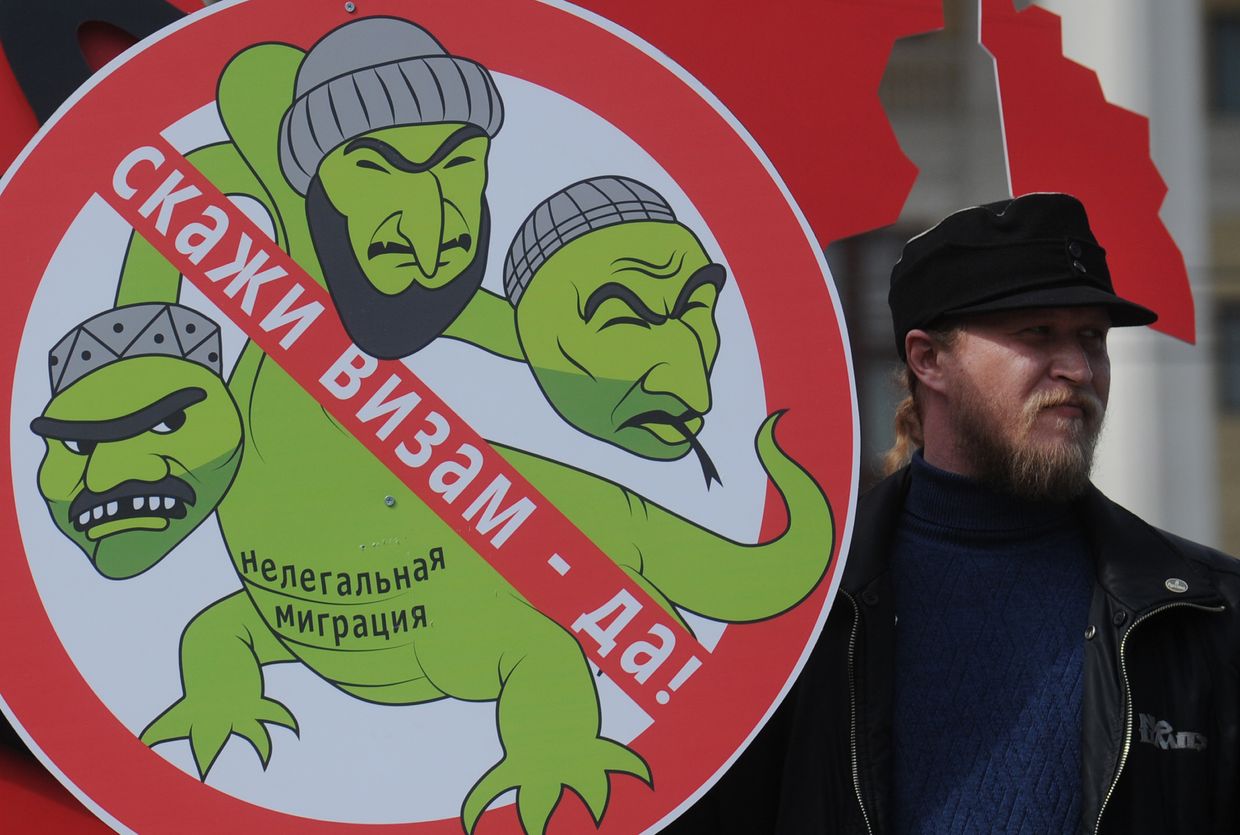Adam, a Tajik immigrant, lives his daily life in Moscow under increased scrutiny and suspicion. Since the attack on Crocus City Hall, he has been taken to the police station every other day.
He also faced discrimination from the public.
“I was followed and asked to leave a grocery store because people shopping around me were 'uncomfortable'. It's upsetting.”
His experience reflects a broader problem of racial discrimination exacerbated by state policy and public sentiment in the aftermath of the attacks.
Human Rights Watch's 2024 report paints a bleak picture of human rights in Russia, highlighting the suppression of civil liberties and targeting of immigrants and ethnic minorities, fueling a climate of intolerance.
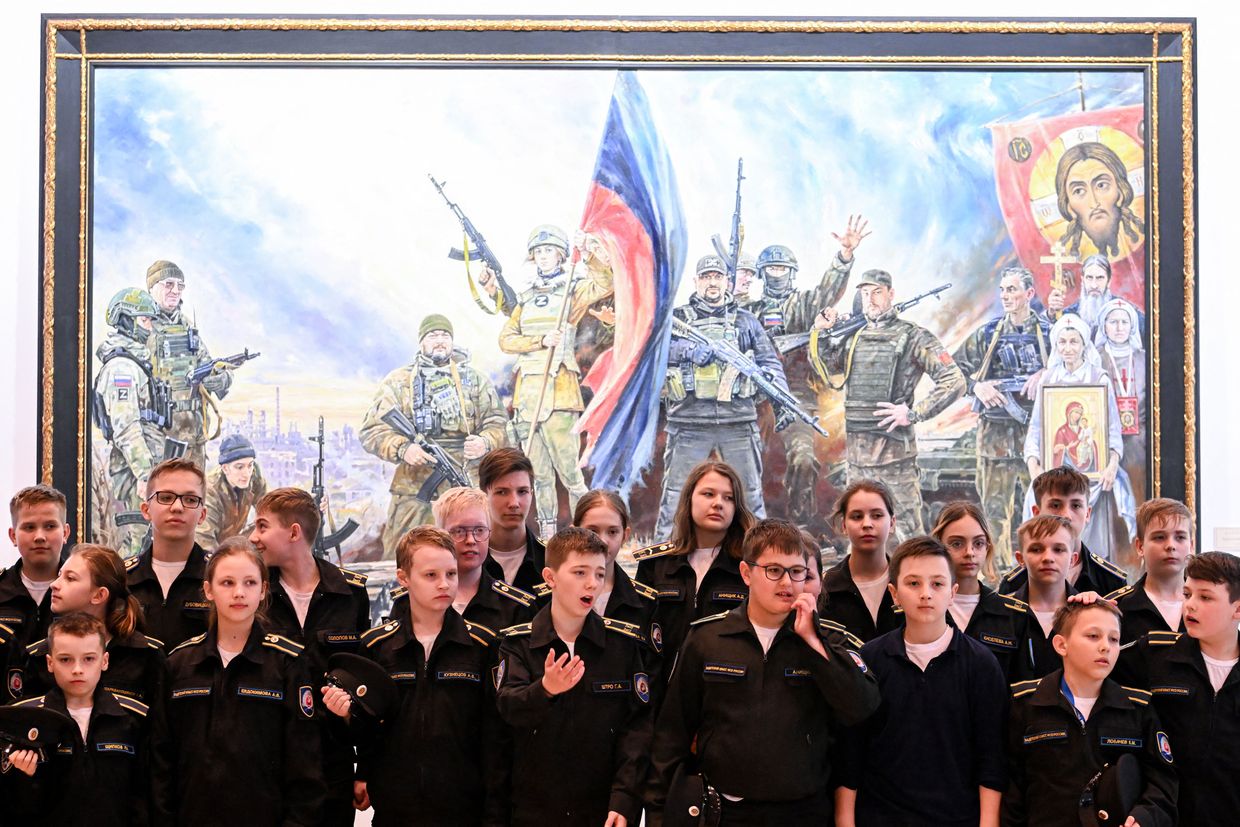
Russia's ethnic minorities are witnessing increased attacks and hatred following the Moscow shootings that left 144 people dead, allegedly carried out by Islamic State followers from Tajikistan in Central Asia.
State violence is on full display in Putin's Russia
When the men accused of last week's terrorist attacks in Moscow appeared in a Russian court, their battered faces gave evidence of physical torture. Four men are accused of firing into a crowd at Moscow's Crocus City Hall on March 22, causing at least one death.
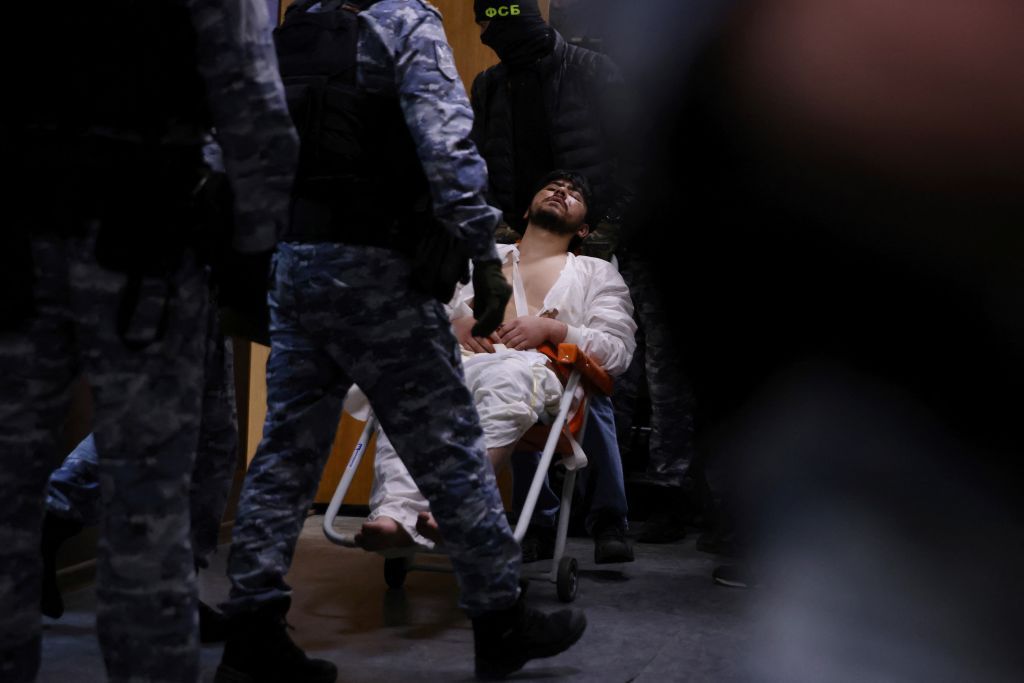
Anna Gomboeva, a doctoral candidate at the University of Virginia specializing in Slavic and East European studies, argues that official xenophobia is beneficial to the current administration.
Tightening immigration policies, police violence, and the normalization of hateful rhetoric serve as quick and easy pressure relief from growing war fatigue and possible public discontent.
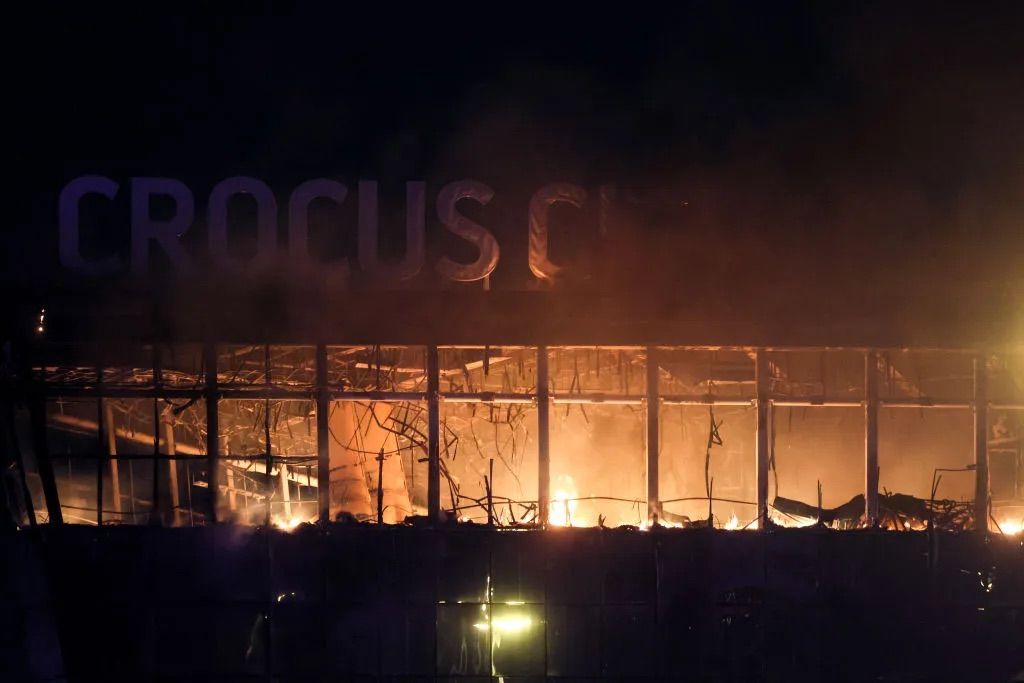
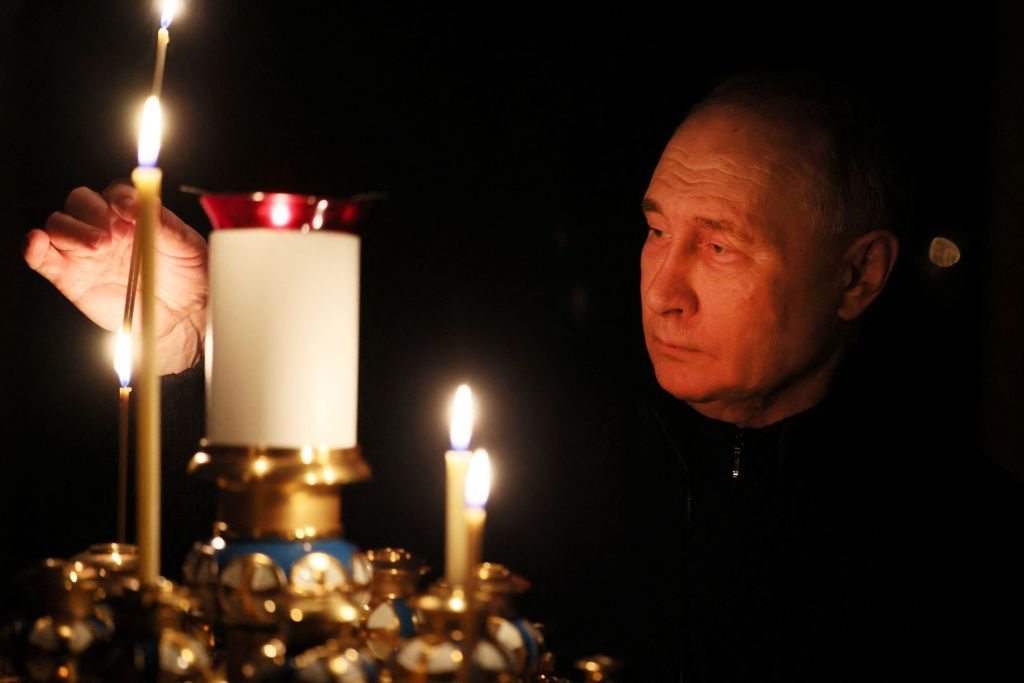
Instead of recognizing and addressing real problems such as geographic inequality, poverty, and widening wage gaps, xenophobic aggression shifts responsibility away from institutions of power and instead scapegoats individual victims of structural violence. Gomboeva said.
'Non-Russians' not welcomed
After the attack, stories of racial prejudice against minorities have surfaced, particularly affecting ethnic-Russian-majority areas.
Instances of Muslim couples from the Caucasus and Central Asia being refused entry to a hotel in Moscow and screenshots circulating on social media of requests to cancel services if the provider is Tajik are a source of controversy. It shows the deepening of
Mariam, a Muslim Chechen woman living in Moscow, gives a poignant account of the alienation and hostility she faces, amid a surge in extreme xenophobia and even the act of sharing her story. It highlighted the dangers they were putting themselves at.
She claims that since the attack, it has become almost impossible to use public transport. People would turn away from her on the subway, look at her as if she had done something wrong, and even yell profanities at her, calling her a terrorist.
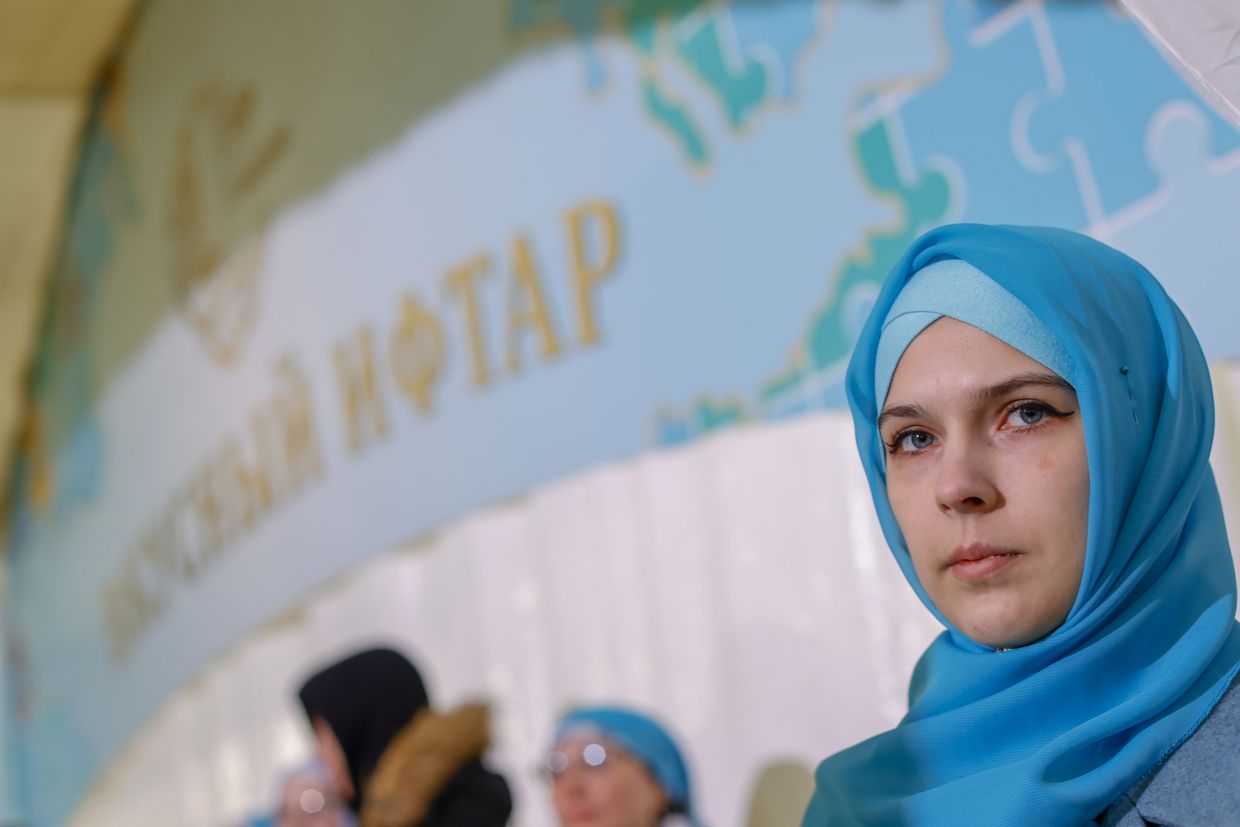
“Russia has never been a xenophobic country, but lately it has become so extreme that I don't think there is anything I can do about it,” Mariam said.
Alexei Kim, a 33-year-old Buryatian who is now a refugee in the United States, said widespread racism and xenophobia in Russia was the main reason he decided to seek asylum elsewhere in the first place. states that it is part of the He moved to Moscow from the Republic of Buryatia and worked in a reputed IT company in the capital. However, while he was out for a walk with his friends in 2018, he found himself surrounded by skinheads.
“With this money, I can become king of Somalia'' foreign prisoners lured to fight for Russia in Ukraine
Somalian Adil Muhammad, wearing a Russian military uniform, sits among other prisoners of war during a press conference in the Ukrainian capital in mid-March.In early 2024, the former infantryman was taken prisoner near Marinka, Donetsk region while fighting with Russian forces in Ukraine, and five people were taken prisoner.
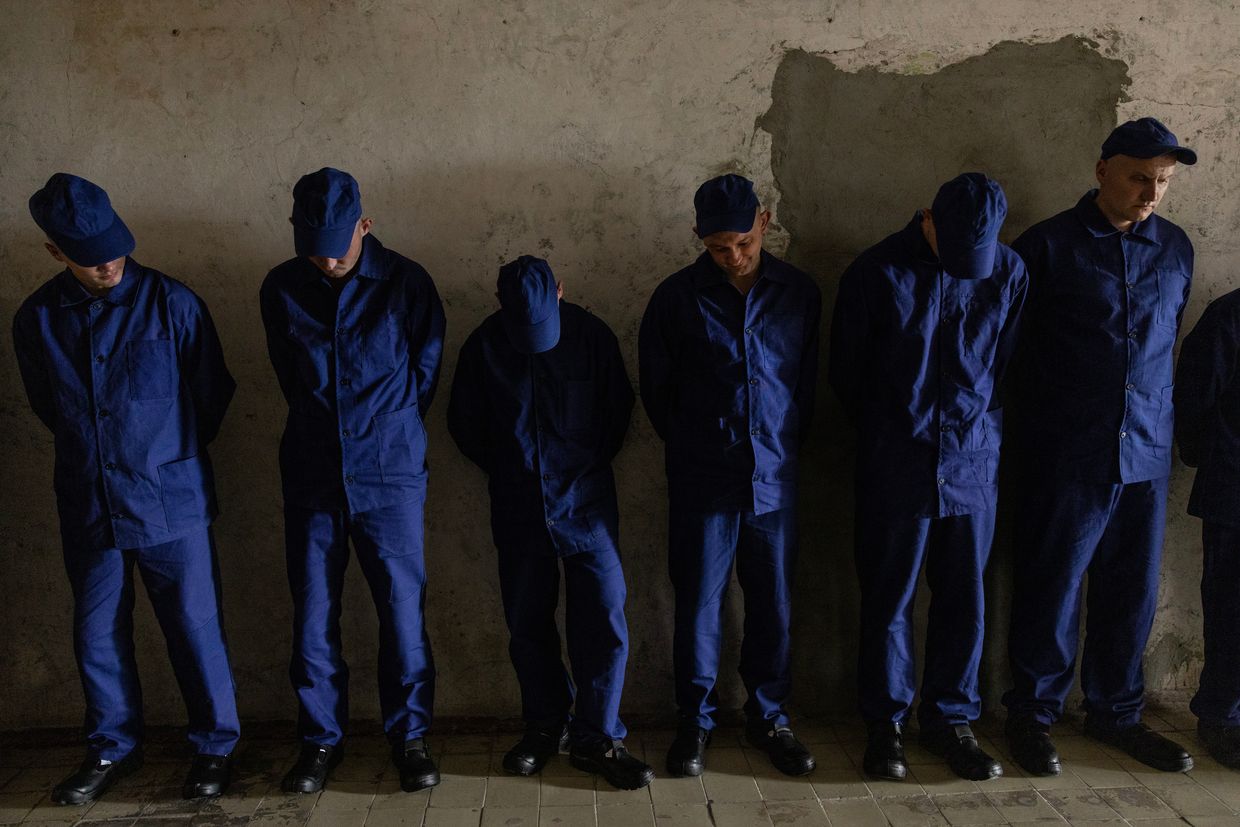
“At first I didn't even know what was going on. They kept shouting at me, 'Go back to your country!' For some reason they also started mentioning China, squinting at me and calling me out. '' said Kim. .
“At one point I noticed a group of about 56 guys surrounding me and someone punched me in the face. Then I fell down and they started punching me. One of them “I even heard that he instructed others to try and punch me in the face,” he added.
“Some of them hugged my friend and asked, 'Why do you want to help him? He's not one of us!'”
Kim said the incident happened next to a busy subway station, but no one called for help. Furthermore, when Mr. Kim went to the police, he was accused of “having no fighting ability'' and “wandering around in unknown places.''
In the end, Kim started working remotely, fearing the same situation would repeat itself.
He decided to leave Russia immediately.
The aftermath of the Moscow shootings: repression, racism, and terrorism
The March 22 Moscow shootings are likely to be used as a justification for renewed terrorism and repression in Russia. Russian politicians and propagandists began calling for the reinstatement of the death penalty. This mechanism can be used not only against terrorists but also against peaceful people.
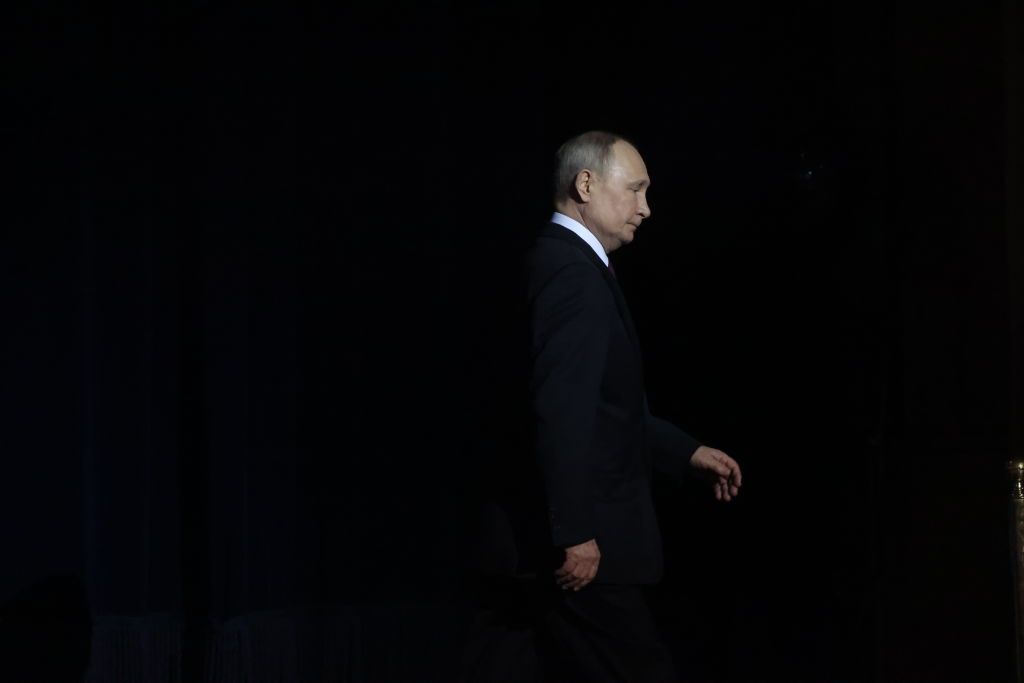
“I was really fed up with the fact that my documents were checked every other day on public transport. They followed me around the store thinking I was there to steal something. They asked me where I got my passport, how I knew Russian, and so on.”
Diverting attention
The official response to the Crocus City Hall attack, characterized by deportations and raids, combined with President Putin's harsh immigration rhetoric, reflects a broader and increasingly hostile state policy toward foreigners.
Laws aimed at tightening immigration controls highlight the growing challenges faced by people seeking refuge and opportunity in Russia.
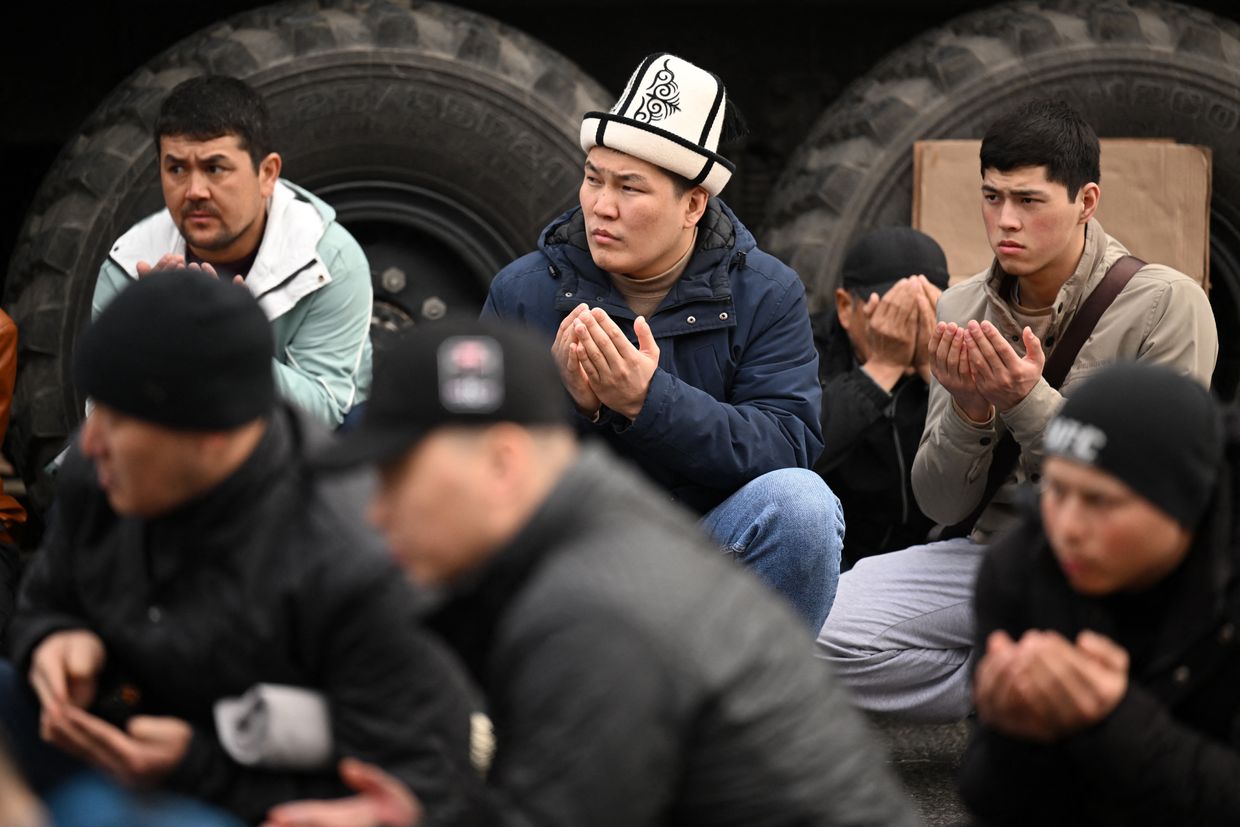
In a country where all political expression is tightly controlled and restricted, participating in racist and xenophobic attacks creates a false sense of political participation and agency. .
According to Gomboeva, the regime continues to play safe and do whatever it wants, once again succeeding in distracting the public from the real structural violence it is perpetuating at home and abroad.
The United Nations Special Rapporteur on Human Rights in Russia has highlighted that arbitrary arrests and repression of opposition have created conditions ripe for xenophobia, and that human rights have deteriorated significantly. Amnesty International connects the global problems of repression and discrimination and points out how these trends are manifesting in Russia, creating a hostile atmosphere against minorities and immigrants.
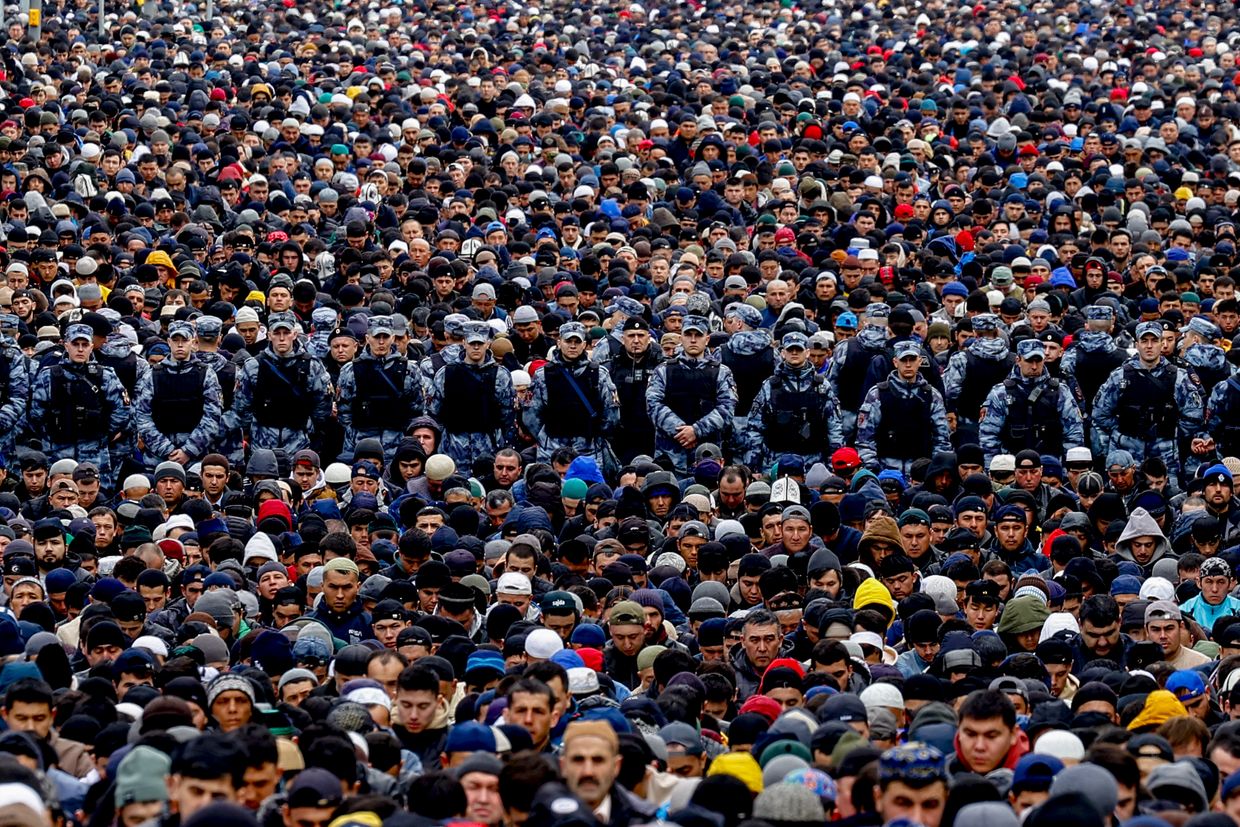
In a country with a substantially diverse ethnic minority group of more than 195 indigenous groups, six of which have a population of more than 1 million people, severe xenophobia by the dominant Russian ethnic group is omnipresent. There is.
Hate crimes and discrimination against immigrants and people considered “non-Russian” are spreading in Russia following terrorist attacks.
Additionally, Russia has the fourth largest migrant population in the world, amounting to more than 12 million people in 2022, according to the United Nations' Global Migration Report.
Checks, arrests, deportations
According to Agents.Media, since March 22, when the terrorist attacks occurred, more than 160 criminal cases and more than 4,400 administrative cases, mainly related to immigration law, have been opened as a result of police raids on migrants. .
At least 1,759 foreign national expulsion decisions were made and 346 immigrants were issued with draft notices during these operations, with some taken directly to the Military Registration Office. The majority of deportations occurred in St. Petersburg (418), Moscow (403) and other regions such as Chelyabinsk and Samara. Tajikistan's Ministry of Labor has also said that there has been an increase in Tajik migrants leaving Russia after the attacks.
Kyrgyzstan trade booms as Russia learns to avoid sanctions
In March 2022, the Kyrgyz economy began to change. Imports from long-term trading partners began to steadily increase, with imports from China nearly tripling. This change was even more pronounced in countries that previously had little business ties with Bishkek. A sudden rush of products from acros…
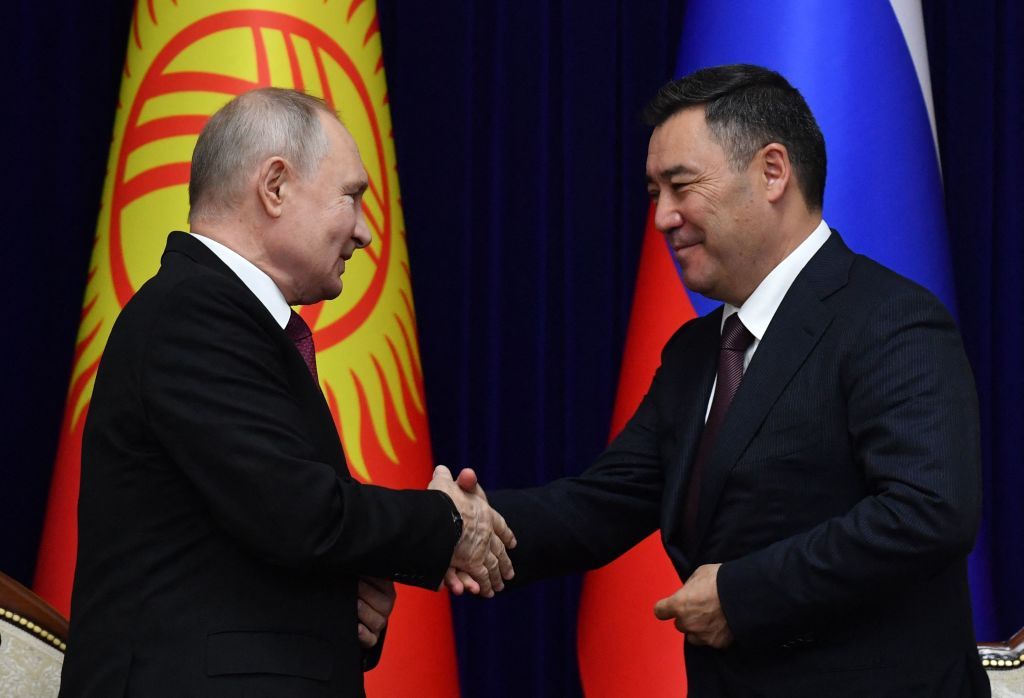
Valentina Čupik of Ton Jahoni, an organization that provides legal aid to migrants, said that on March 24 and 25, they received more than 1,700 complaints a day, more than 1,000 of which were related to illegal detention. It was something. Typically, we receive 150 to 170 complaints each day, about 20 of which are related to unlawful arrest.
Property owners like Varvara, who has been renting out apartments in Novosibirsk to Uzbek families for years without any problems, are now facing threats from xenophobic neighbors who threaten police action against “non-Russian” tenants. facing backlash.
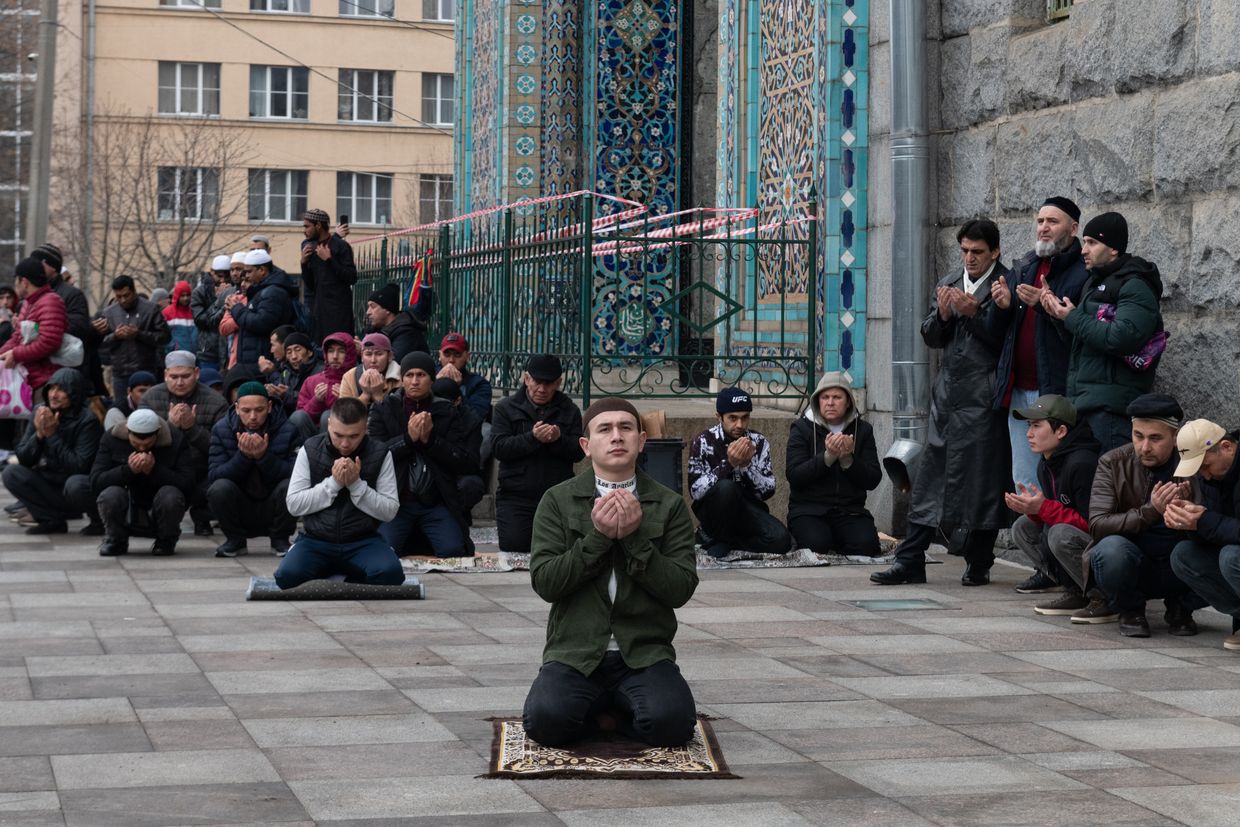
“I told my neighbors they could call the police, it’s not illegal to rent out apartments to people of different nationalities. I don’t even understand how these people’s logic works. Hmm,” she said.
From Adam's daily struggles to Varvara's confrontation with her xenophobic neighbors to Mariam's experiences of isolation and fear, these stories illustrate the human cost of rising racism and xenophobia in Russia. Provide a window to know.
They highlight the complex interplay between terrorism, immigration and racial tensions, posing serious challenges to the fabric of Russian society in the aftermath of the tragedy.
Ordinary Russians, whether afraid or indifferent, enable dictatorship
To viewers around the world watching a carefully orchestrated “election-style event” in Moscow this weekend, Russia appears to be a transformed country, a militarized society where dissent is no longer tolerated. . But the truth is that in the two years since the Kremlin launched its full-scale invasion, he…
